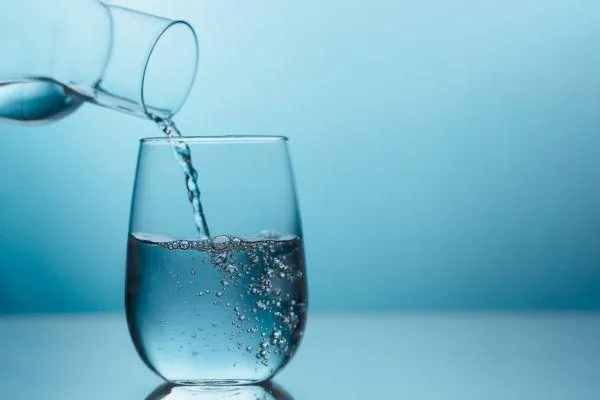Blog
Blog

How to Keep Healthy With Hydration
Having enough water is a fundamental part of life. Do you know what it actually does in our body though? This article talks about the effects of dehydration, key facts about hydration, and how to drink enough to keep healthy.
How Much Water is in Our Body?
Water is distributed throughout our body to keep us healthy. Here is the percentage of water in some of our organs:
The human brain is made up of between 80 – 95% water!
The blood is 83% water
Our lungs are 90% water
Bones are 22% water
How Do We Lose Water?
We lose a lot of our water through urination. This is usually between 1 pint to a gallon per day.
We also lose water through our breath. You may notice if you breath onto a window, that droplets of water appear. Although we don’t lose a lot of water this way, it all contributes and if you are already dehydrated it can progress dehydration further.
Digestion is another way we lose water. This is not generally a lot, but if you have a bout of diarrhoea and vomiting this can leave you extremely dehydrated. If you cannot replenish your water, you may need to have an IV line in hospital to keep your body functioning well enough. Some pregnant ladies who suffer from a condition called Hyperemesis Gravidarum, which is a severe form of sickness in pregnancy, may also need to have this treatment to provide the mother and baby with enough water.
Sweating. Let’s face it, nobody likes to sweat! It is a function that our body does to control body temperature though, as it helps keep your core temperature down. Here are some sweaty facts!
The average person has usually 2-4 million sweat glands in their body!
According to MedicineNet, the average person sweats between 0.5 to 2 litres per hour.
When we sweat, we lose salt from our body.
It is common to sweat more when exercising, during hot weather, or if we have a high temperature through illness. It is our body’s way of regulating our temperature.
There are also many medical conditions which can cause sweating. Diabetes and Postural Orthostatic Tachycardia Syndrome (POTS) to name a few.
How Much Water Do We Need
It is widely recommended that men drink 8 glasses of water per day (about 2 litres). Women need slightly less than this (between 6-8 glasses). This depends on the circumstances though. If you are losing more water through some of the ways mentioned above, you will need more than this to replace what you are losing.
What Happens When We Are Dehydrated
Dehydration is when we don’t have enough water in our body. Our body will function less efficiently when we don’t have enough water. We have a system in our body called the lymphatic system. It distributes water all around the body. When you are dehydrated and you don’t have enough water in your body, the lymphatic system will send the water to the most vital organs first. This will be primarily the heart and lungs. The less vital organs therefore don’t get all the water they need and we begin to function less efficiently.
Symptoms of Dehydration
When dehydrated, you may experience the following:
Headaches
Dizziness
Fatigue
Lack of Focus
Fainting
In severe cases of dehydration, the consequences can be fatal so it is vitally important to stay hydrated. A person can only survive without water for about 3 days.
Benefits of Hydration
When we drink enough water, the cells in our body are provided with oxygen to help them thrive and function properly because it is easier for the oxygen to flow around the body.
Think of it like this. If you have a boat on a river and there is just a trickle of water, the boat will struggle to go anywhere easily. Now imagine that boat is your oxygen and the destination down the river is your organs. It would take longer and much more energy to get the oxygen to its destination.
The more hydrated we are, the easier the body will find it to deliver that essential oxygen around your body.
Some of the benefits of hydration are:
Improved brain function
More energy
Keeping joints lubricated
Body temperature regulation
Improved skin

How to Get More Water Inside You!
This seems obvious. You get more water inside you by…drinking more water! Sometimes though, getting children in particular to drink enough can be difficult. If this is a problem you could try giving them water rich foods, such as:
Watermelon
Cucumber
Strawberries
This isn’t enough on its own, but it can help to increase water intake.
Using Mindfulness is another way of increasing your water intake. Mindfulness is all about being aware of your body, your feelings and your surroundings. Being mindful can help you recognise the signs of thirst early, allowing you to replenish water before you become dehydrated.
Another way to encourage drinking is having a bottle of water with times written/printed on so you know how much you are drinking each hour for example. This makes it easier to see if you are getting the recommended amount of water every day.
There are also apps where you can log your water intake if you want to keep track of it.
Get Drinking!
As I write this, we are going through a heatwave in the UK at the moment and we are experiencing record temperatures this week. So go and get yourself a big glass of water!

